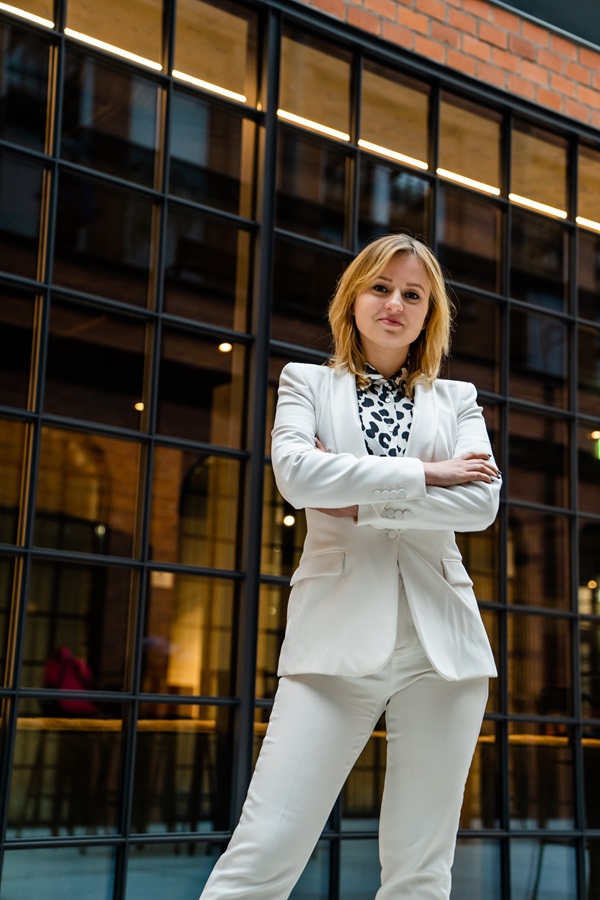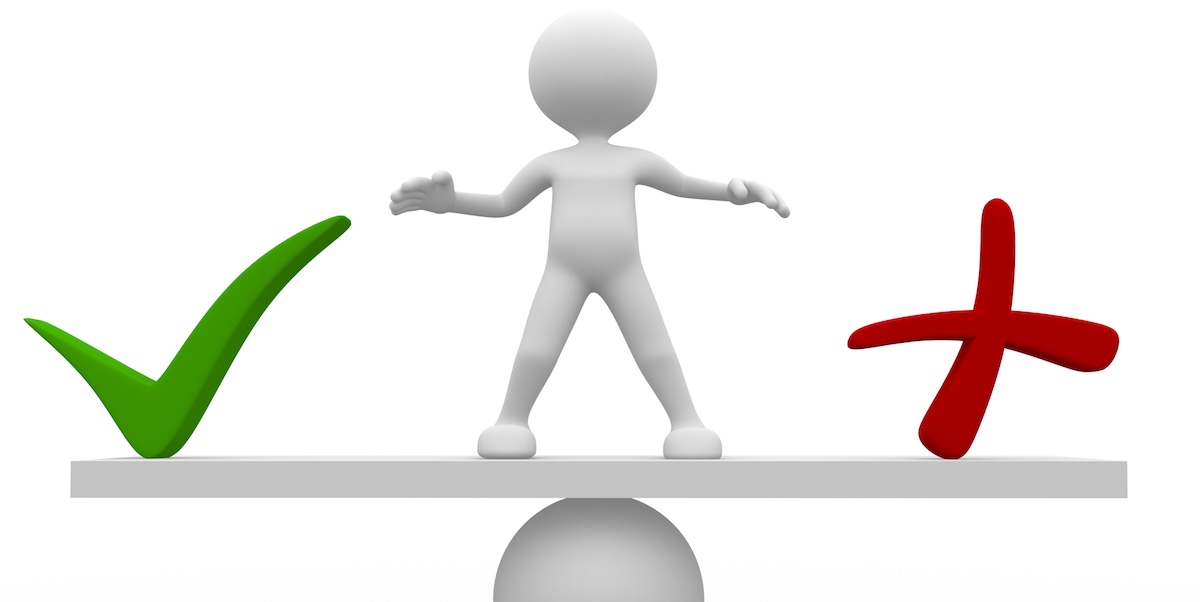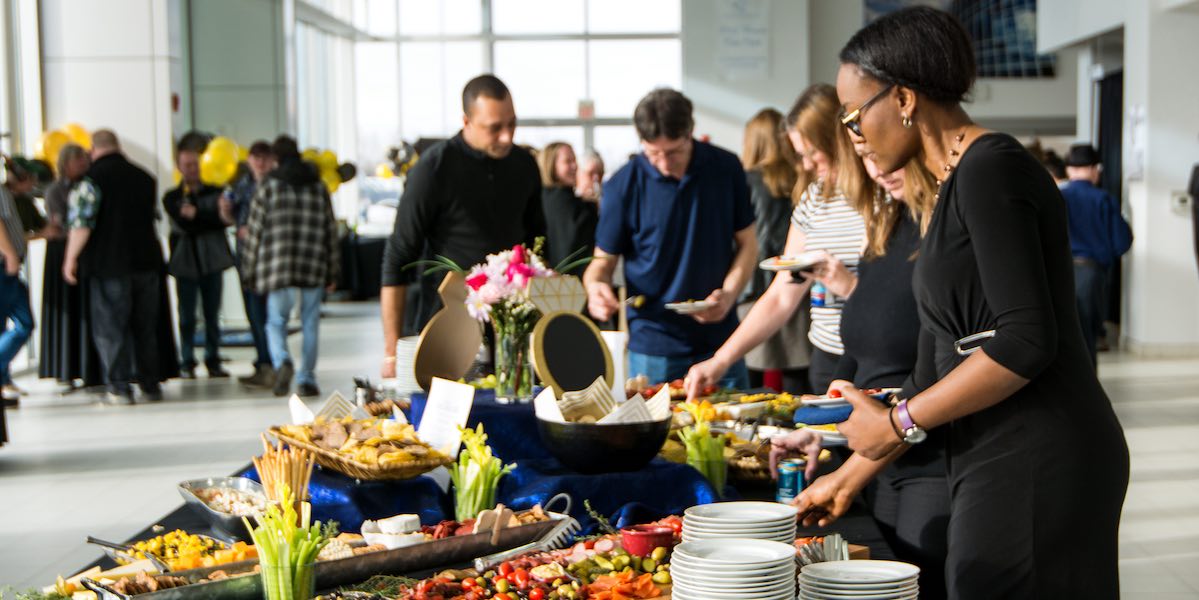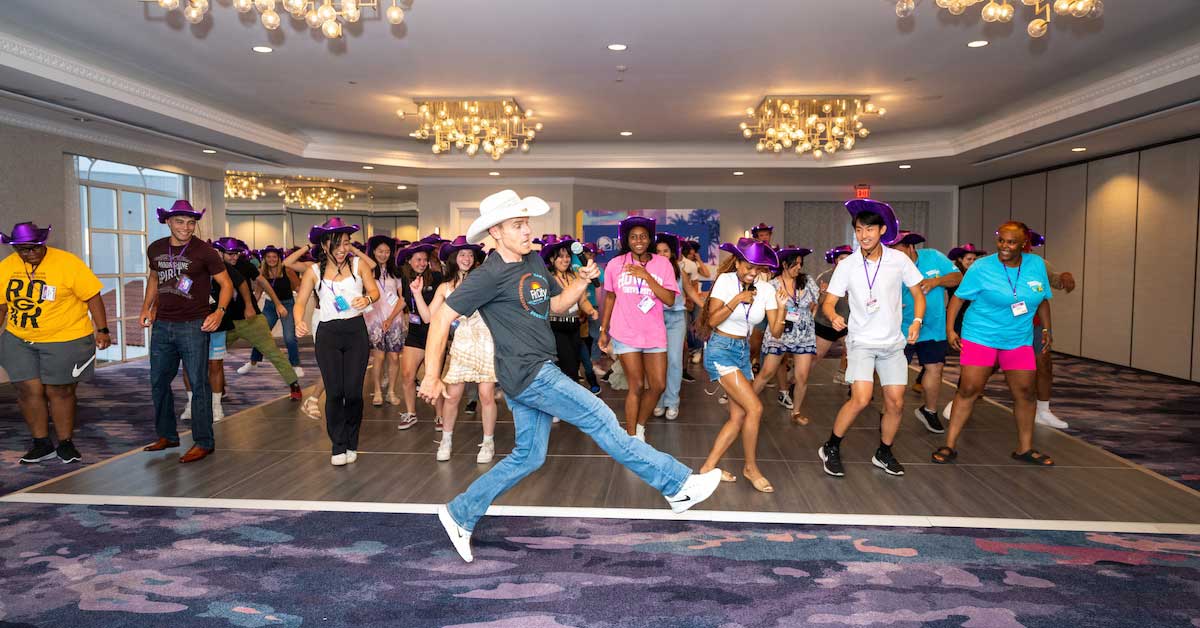Karolina Bednarz, VP of communication for the MPI Poland Chapter and sales manager for the Krakow event venue CKF_13 Centrum Konferencyjne Fabryczna, offers a sneak preview of her IMEX Frankfurt session “Remixed & Renewed: The Role and Meaning of Yes’s & No’s in Our Careers.”

Can you tell us about an upside and a downside for meeting professionals when they say “yes”?
Typically, we are used to the idea, that being a “yes” person is a good way to start and to manage our careers in the MICE industry. We would like to show and prove that we can do more, better, faster. Generally speaking, having a “yes” personality is very helpful, but especially in such a dynamic world and such a specific industry. As MICE professionals we need to be “yes” people for clients, subcontractors, partners, sponsors etc.
At the very first sight it seems like when you are a “yes” person, you take advantage of every opportunity. But at the end of the day, that is impossible. We need to remember, that saying “yes” to something means saying “no” for something else. Unfortunately, sometimes we learn that too late, and by saying “yes” to all the external relations and business, we start to say subconsciously “no” to ourselves. There is no ready recipe for how to keep the balance between yes and no. The one and only advice is to consider it in our own personal way. And that is the hardest point.
Why don’t meeting professionals feel comfortable saying “no” in some situations?
Generally speaking, it is hard to understand how to say “no” in every industry. When it comes to meeting professionals, the tendency to say “yes” seems to be doubled. We have business relations with many different groups. What is more, we are all pretty sure that saying “no” puts us in the lost position. But there are some best practices for how to say “no” in polite, understandable and easier ways—that will be one of the points of my presentation.
Can you tell us about a common characteristic of a “yes” person and a “no” person?
Typically, they are considered to be opposites. As for me, the understanding of a “yes” personality and a “no” personality is pretty the same—especially thinking about long-term effects of these approaches. It may sound a little bit strange but when considering it as “a person who is constantly saying yes (or no) to every idea, opportunity, option or opinion with no deeper thoughts,” the “yes” and “no” persons are pretty familiar. The more yes or no you say, the fewer good opportunities you have and less experience you gain. We all need to be open for new perspectives, but we need to remember that there is no reason to be afraid of saying “no.”
Why are you excited about sharing this message with IMEX Frankfurt attendees?
I am so excited, because I used to think that I was a total “yes” person, just few years ago. And now, I am pretty sure, that, happily, I am not. Looking through the private and professional history of my life, it is [clear] to me that all the good things start with a conscious “no.” But beware, it doesn’t mean [it’s best] to be a “no” person. We just need to redefine the word “no” in our lives and get used to it as naturally coexisting with “yes” and understand that saying “no” is necessary for sustainable change. Finding a new role for the word “no” in that case is connected to constant-but-controlled-and-unchaotic development. In that case, we will be ready to intentionally and consciously choose what is good and what is better for us. It is even more important to keep that mind in the post-COVID world, when we still fight for our businesses.
Want to learn more and share your perspectives? Visit Karolina at Stand 9010, Hall 9.0 on Wednesday, May 24 at 1:00 p.m.



.jpeg?sfvrsn=96553155_2)



